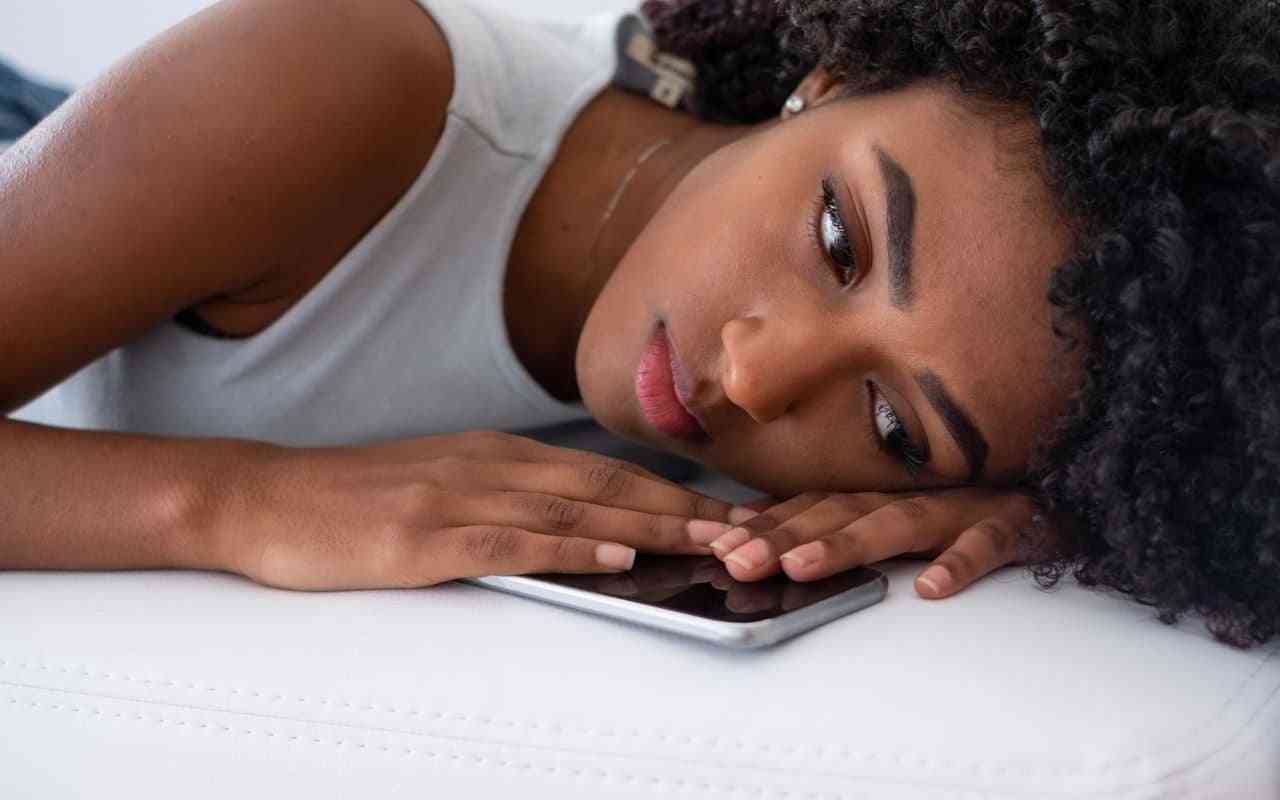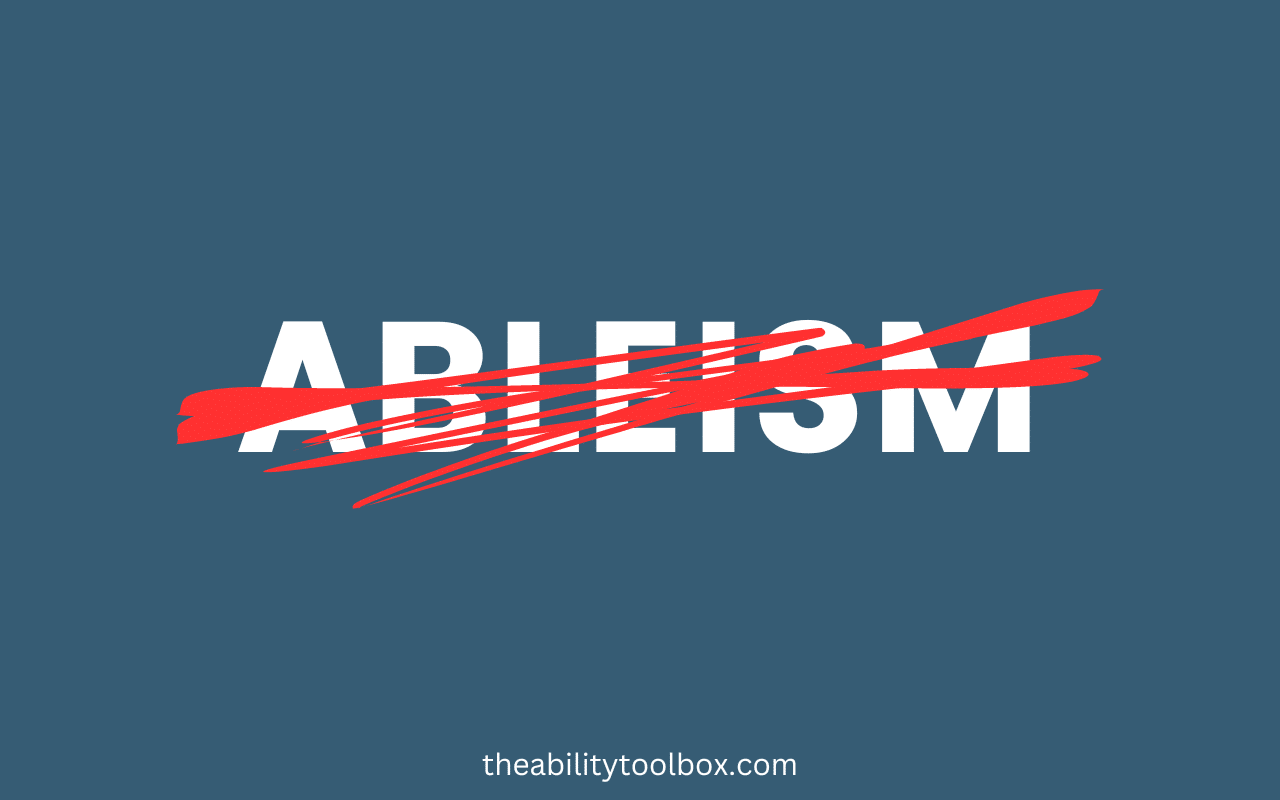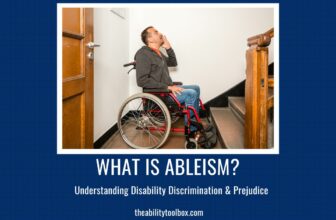
Oversharing is considered anything shared by someone on social media that is personal, but also very distressing or shocking. For people like myself with mental health issues or trauma, oversharing can be a double-edged sword. On the one hand, oversharing can help people find sympathy or support from other people online. On the other, oversharing can ruin someone's mood or unintentionally trigger someone.
For the most part, oversharing is mainly looked down on when it comes to social media etiquette. This is understandable, as many people use social media to have positive interactions online. However, the issue of oversharing is more complicated than it appears, especially when it comes to mental health accessibility, having professional versus personal platforms, and various degrees of social media norms.
Why do people overshare on social media?
First, let's consider why some people overshare on social media. As mentioned earlier, discussing personal problems or mental health issues on social media can allow someone to vent and find support. This is especially important if the person doesn't have the support they need offline. An article from Dazed states, “It’s really important for a lot of people to be able to share how they feel online because maybe they don't actually have other outlets to do that – like maybe they don't have good friends, and therapy is inaccessible for a lot of people.”
When I had my first Twitter account from 2014 to 2021, part of the reason I ended up oversharing was that my support circle consisted of only a couple of family members I tentatively trusted. I didn't always feel comfortable confiding in them and I had few alternatives. I couldn't afford therapy and venting privately in a journal sometimes made me feel more alone. As a result, I thought venting on social media was good for me.
However, I was also a freelance and creative writer who used Twitter to find work and promote my writing. As time went on, I struggled to find the right balance between personal and professional. I'd use Twitter to promote my freelance work and gain followers, only to lose them whenever I'd overshare about my mental health or trauma.
When oversharing harms mental health
As time passed, Twitter gradually became a place where I didn't feel safe enough to vent or make personal connections. I'd see people I once respected in my field of work cause harm to one person or an entire community. I'd also see people from marginalized communities become victims of online harassment. Most of all, I started to lose my sense of self, feeling as if my identity only consisted of my mental health struggles and my writing career.
When the pandemic started in 2020, all of this and the pressure I was under worsened as I struggled to find steady work and negativity on social media increased. Some studies show that isolation, misinformation, and other factors related to the pandemic took a toll on mental health that is still being felt.
Things came to a head for me in late 2021, when I was feeling severely burned out from everything. After seeing a Twitter mutual retweet a thread on the dos and don'ts of social media professionalism, I knew I needed to make a change. I no longer wanted to draw more attention to my personal issues than my writing career. In order to improve the latter, I decided to close my first Twitter account and make a new one that would solely be for finding and discussing work and things related to it.
Not only did my freelance career improve over time, but I also finally found the online support I needed. Through the messaging apps Slack and Discord, I found work friends who made a safe space to vent and online spaces tailored toward specific communities and interests. Tumblr was also a better alternative to Twitter; I could be anonymous, vent, and indulge my interests without having to make posts unless I wanted to. The more I interacted in these spaces, the more I noticed differences between how oversharing is perceived.
Since Twitter became a social media platform for casual socializing and professional social networking, oversharing is more likely to be frowned upon. On the other hand, Tumblr is more tolerant of oversharing because it is strictly for casual socializing and many people use the platform anonymously. Discord varies depending on the type of server you are in and how many people are in it. According to an article on the psychology of oversharing, it can be hard to define because it depends on where it occurs.
Finding a balance between oversharing and getting mental health support
Ultimately, oversharing is about personal boundaries, both your own and the people on the receiving end. A major reason that I rarely overshare now is that I hate how it makes me feel in the long run. Any relief I felt was temporary and getting the occasional dismissive subtweet about oversharing made me feel worse. I also didn't want to trigger or upset someone by “screaming into the void” without any content warnings.
Perhaps the keys to curbing oversharing are not only personal boundaries, but also empathy, accessibility, and individual and community support. Despite the misgivings I have about Twitter, it led me to some cherished internet friends and communities that exist outside it. For those who are uncomfortable with social media, there are still options like the Mental Health Forum.
While offline support isn't possible for everyone, having at least one person you can confide in can make a huge difference. However, it is always important to gauge others' emotional capacity before you vent online or offline. For this reason, I always try and tell the family members I confide in “I need to vent” so they can mentally prepare themselves or step away if they aren't in a good place to listen. Oversharing isn't the healthiest coping mechanism, but it can be replaced with better ones.
Do you overshare on social media? How does it affect your mental health?
Share your experience (with no judgment, and anonymously, if you choose) with our safe and supportive community in the comments.
Image via Deposit Photos







